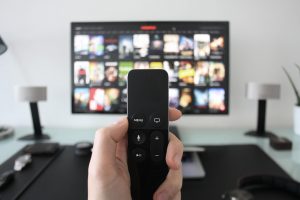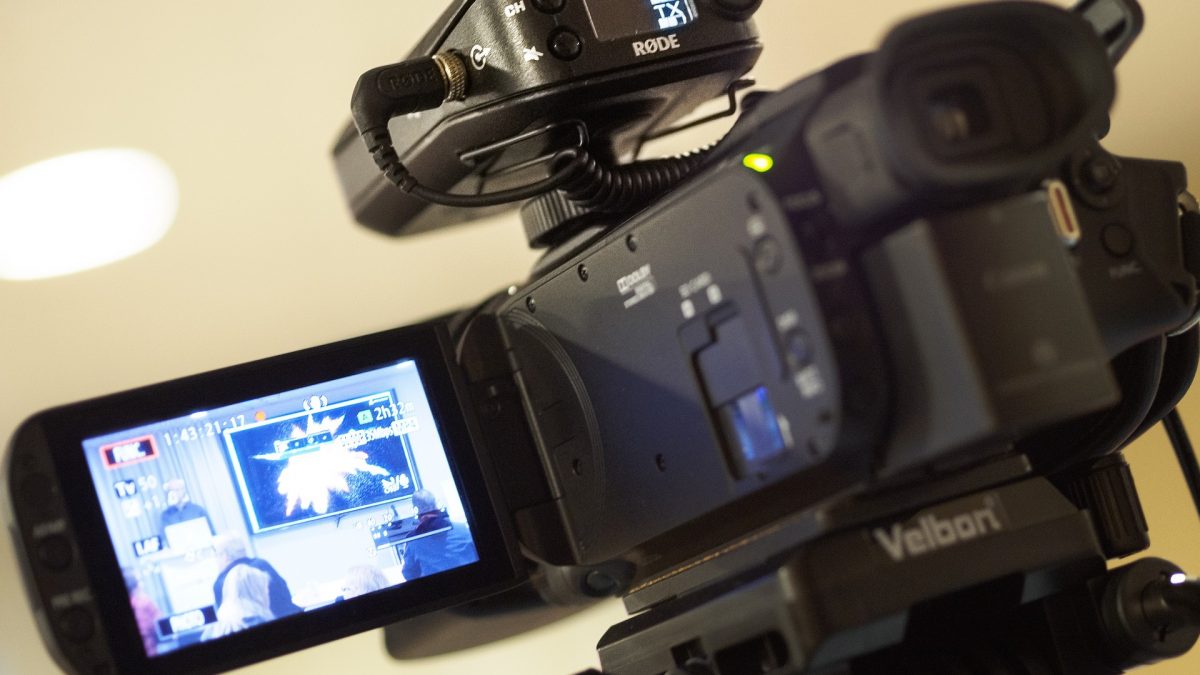Creating a movie or TV show trailer is much harder than you would think. Take any upcoming big-budget blockbuster, what is the best formula for it to appeal to the most number of people?
Considering that very few commercially released movies these days have much in the way of a single demographic, answering this question is much harder than you might initially think. Throw in the vast array of different cultures around the world where the bigger budget movies get released, and production companies really can find themselves in a bit of a minefield.
Imagine a world where a movie trailer could be tailored to specific audiences, even to specific individuals. In this case, rather than there being one or two generic movie trailers for the film being released, there are multiple versions that are specifically designed to appeal most to certain audience segments.
This all sounds very expensive, right? Well, the simple answer is it would be, that is of course unless you let a computer do it for you.
AI is the most promising field of technology when it comes to revolutionizing the world that we live in. Already, streaming sites such as Netflix, Amazon, and Sofy.tv are already using AI to power their movie recommendation systems while AI-assisted moviemaking platforms are already hard at work helping movie professionals to make more informed decisions about the films that they create.
Artificial engineers have also been hard at work developing AI systems that will allow production companies to quickly and cost-efficiently create huge numbers of movie trailers for the different demographics that they want to reach.
What is an AI Movie Trailer?
It was announced back in 2016 that the first-ever AI trailer had been created for the film Morgan. The power behind the throne was IBM’s Watson. Researchers created an AI system and utilized this supercomputer to help them train the system to understand what makes a good horror trailer by getting it to analyze 100 horror movie trailers.
The result was an AI system that was able to quickly analyze the entire film of Morgan and to select 10 scenes that best fit a movie trailer. Movie editors were then able to edit these scenes down into a trailer. The entire process, which normally takes 10 to 30 days, took less than 24 hours from start to finish.
Watch the complete AI-generated Morgan via this link to judge for yourselves.
Technology has come a long way since then. In 2018, it was revealed that 20th Century Fox had decided to use AI to analyze movie trailers and find out what films audiences will like. By 2019, Netflix announced that it was developing in-house AI software to help it lower the cost of making trailers while also allowing them to make them more appealing for audiences.
Will the AI Trailer Take Over?
As with so many things with artificial intelligence and machine learning, the questions we most commonly ask are often the wrong ones.
All current movie-related AI systems are being developed as tools to empower their human operators. A better question would be how are AI movie trailer systems going to change the current ways of doing things and what will the benefits be?
As we have seen in the Morgan trailer example, AI systems will work alongside creative teams in order to create trailers in much faster times for a lot less money.
One genre of film that will benefit immensely from this are the films being marketed to a wide range of audiences, i.e. the blockbuster and movies on the video-on-demand sites. This explains why we have already seen Netflix and some major Hollywood studios investing in AI trailer generation technology.
Moving forward, it is likely that AI will increasingly take over the role of selecting the footage as it becomes more and more accurate. However, given the cost and time advantages, what we will see is production companies doing the smart thing and generating increasing numbers of trailers per film for specific segments of their audiences.

Given this increase in the number of trailers per film, the relative number of hours required by the human creative teams that edit and ok the finished trailers will remain roughly the same. As such, AI will be doing more of the dirty work while human editors and creative directors do the polishing.
Another huge advantage that lower costs and development timeframes will yield is the democratization of the power of AI technology. As more and more productions begin to use it, the costs associated with using these systems in the form of SaaS subscriptions, as well as their increased accuracy, will allow access to more and more reliable insights to smaller and smaller productions.
This fact will therefore allow even the smallest productions to harness the power of AI technologies to allow them to begin creating tailored trailers for their various audience demographics. This empowerment should boost the number of people watching their movies and therefore help to create a more all-around healthy film industry.




Stay connected